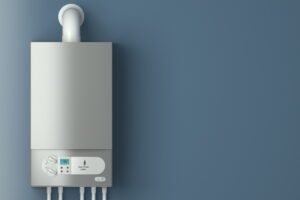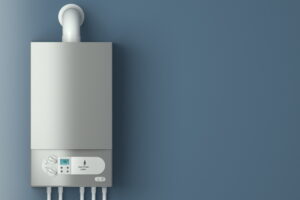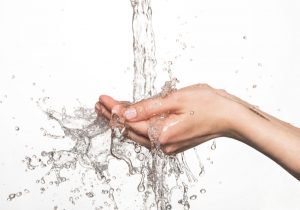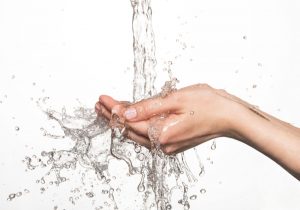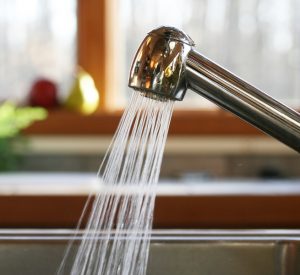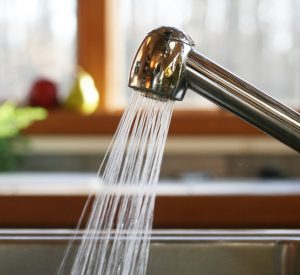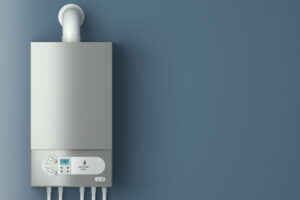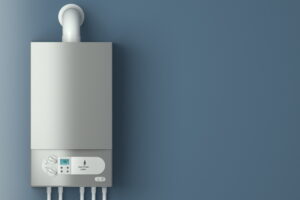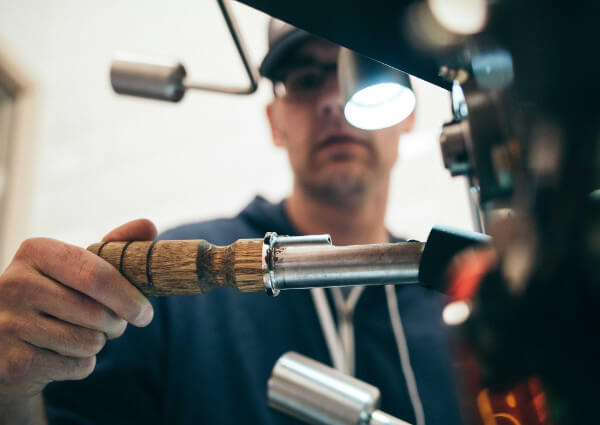 When temperatures outside dip, there’s nothing better than a hot shower to take off the winter chill. However, there are important reasons why you should lower the temperature on your home’s water heater. Here are the three “S” reasons why you should consider lowering your water heater temperatures and how to do it.
When temperatures outside dip, there’s nothing better than a hot shower to take off the winter chill. However, there are important reasons why you should lower the temperature on your home’s water heater. Here are the three “S” reasons why you should consider lowering your water heater temperatures and how to do it.
Safety
Depending on the type of water heater you have, some are automatically set to 140 degrees. At that temperature, you are at risk for scalding. Consider dialing back your water heater temperature to 120 degrees to minimize that risk.
Savings
According to the U.S. Department of Energy, you can realize up to 22% of energy savings when you turn down your water heater temperature. The savings come from reducing standby loss, which is the heat lost from the water heater into the environment.
The average household with a water heater temperature set to 140 degrees losses up to $61 annually in standby heat loss. If you opt to lower your water heater temperature, additional savings can come from the reduced energy required to heat the same amount of water to 120 degrees instead of 140 degrees.
Experts also recommend turning down your water heater to its lowest settings if you plan to be away for an extended period.
Sediment
Sediment buildup in your home’s water heater is a big factor in water heater tank corrosion which can shorten the life of your unit. Water temperature set above 120 degrees contributes to the accumulation of hard water mineral sediment. Sediment buildup can also cause your water heater to work harder and need more energy to operate.
How To Lower Your Water Heater Temperature
Turning down the temperature on your water heater is fairly simple.
- Read your water heater’s instruction manual to find your water heater’s thermostat and operation instructions. Electric water heaters might have two thermostats, and both will need adjusting.
- Find the current temperature of your water at its hottest point by testing a faucet located farthest from the water heater with a thermometer.
- Dial back your water heater if the water temperature registers higher than 120 degrees.
- Retest the same faucet after waiting a few hours.
- Repeat the steps to get the water to the desired temperature.
If you’re looking to save money on your energy bill or looking to extend the life of your water heater, consider turning your water heater temperature down. You might also consider a tankless water heater. Tankless water heaters don’t store heated water but rather generate hot water only when it is needed.
Whether you need to repair or replace your traditional water heater or you need help choosing a tankless water heater that is right for you, the professionals at Len The Plumber can help. Contact us online or call [site_info_phone_number] today,
Did you miss our previous article…
https://www.davieplumbingandsupplyfl.com/?p=223

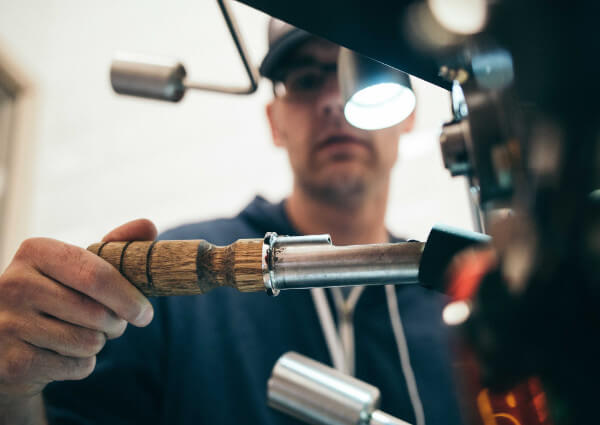
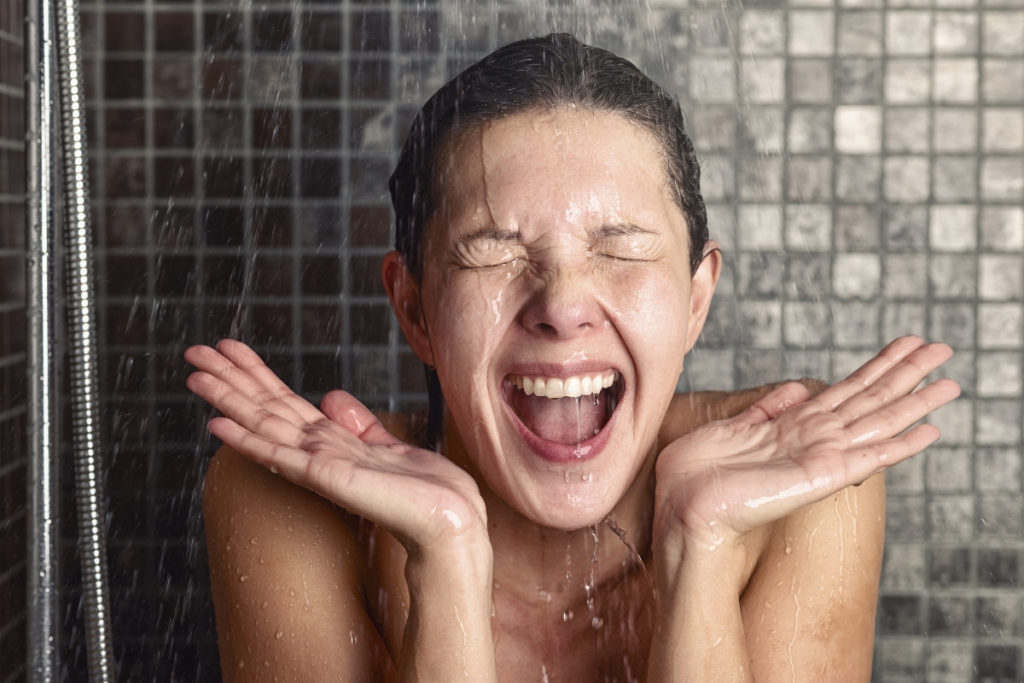
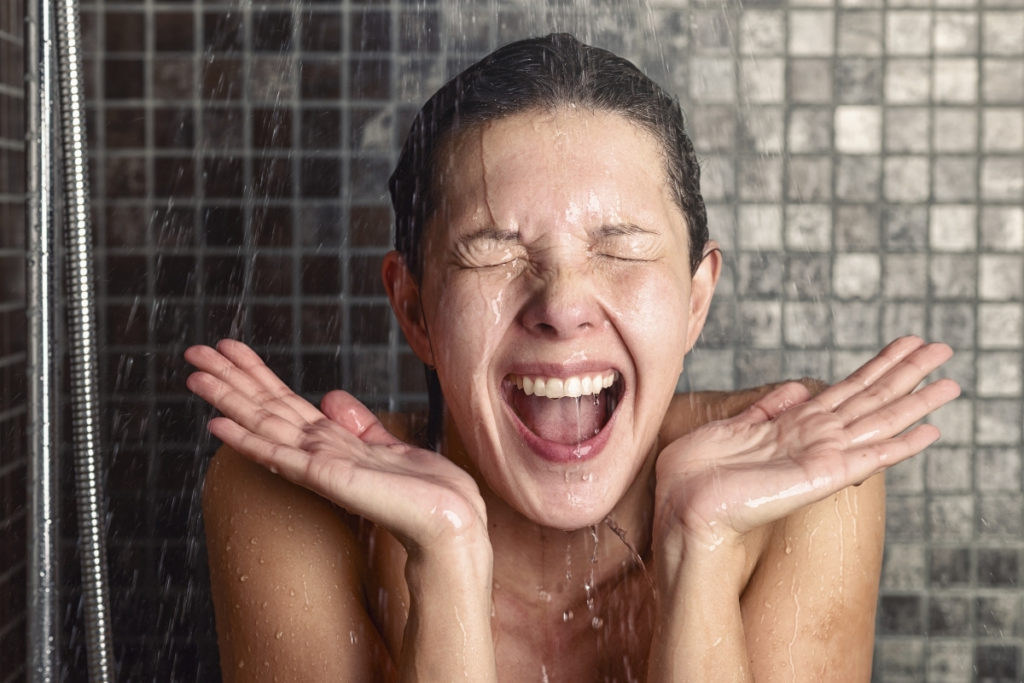
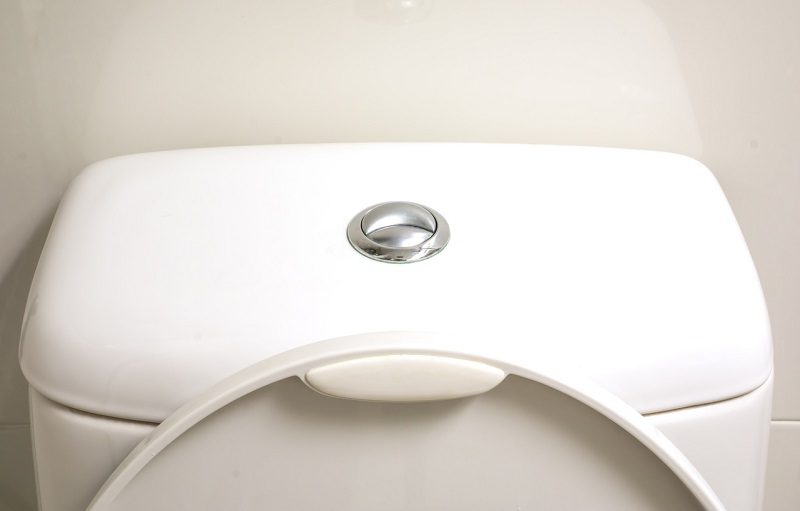
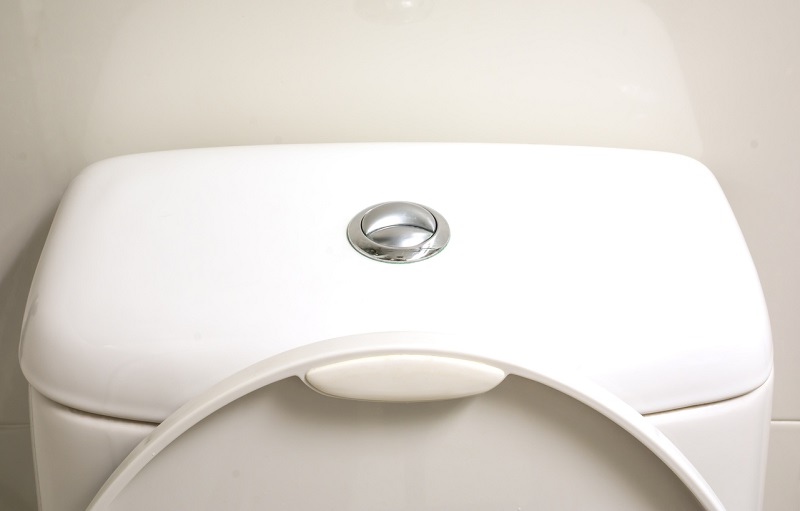
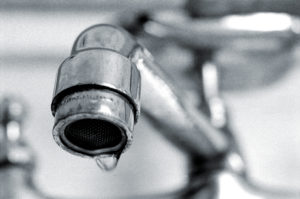
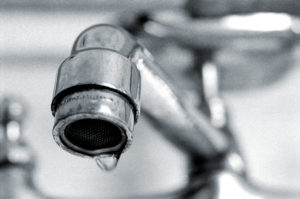
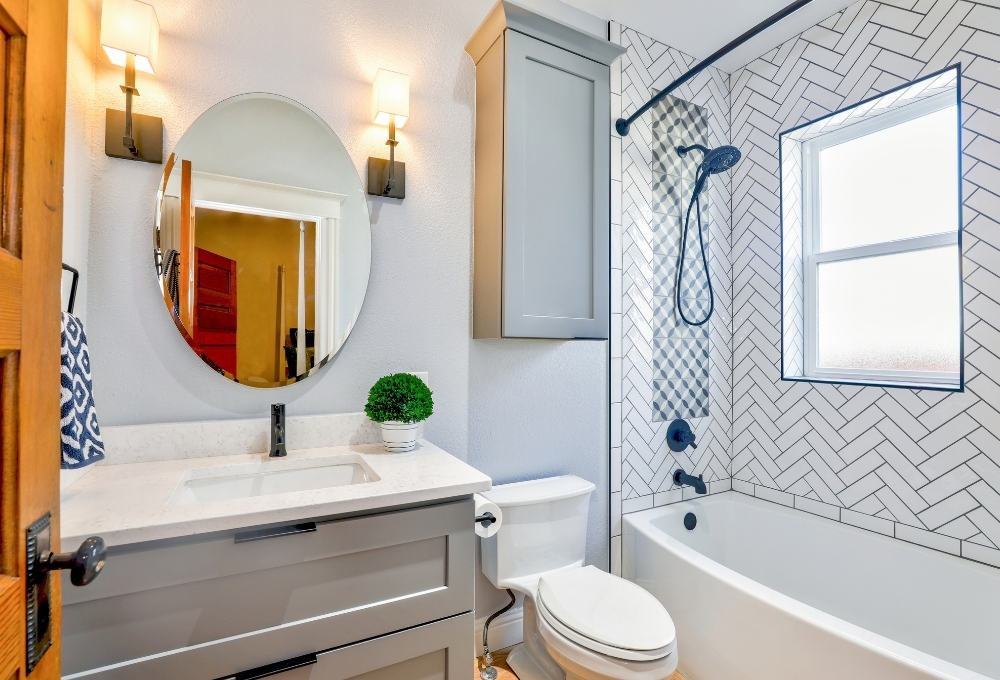
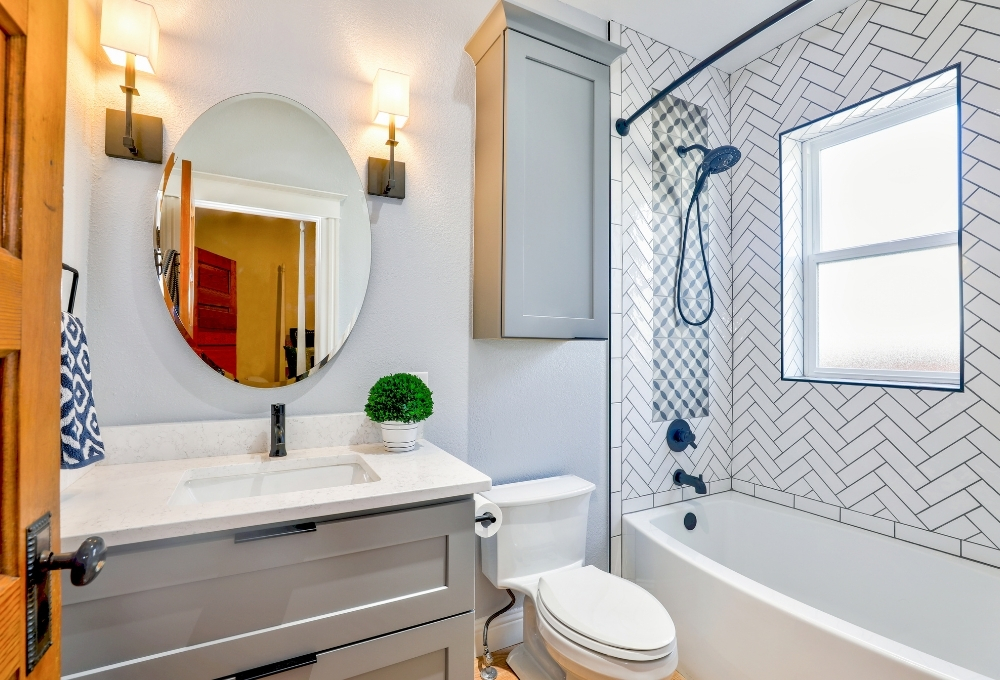
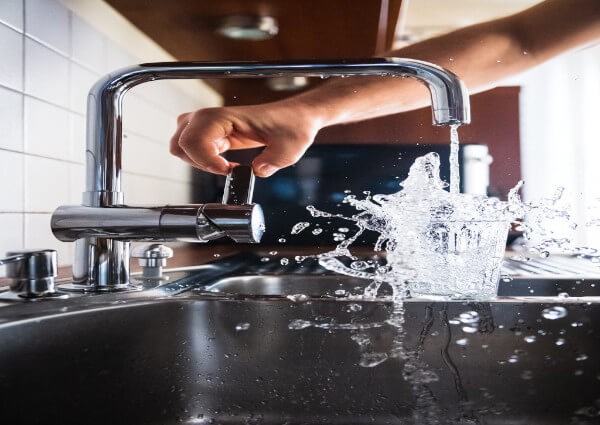
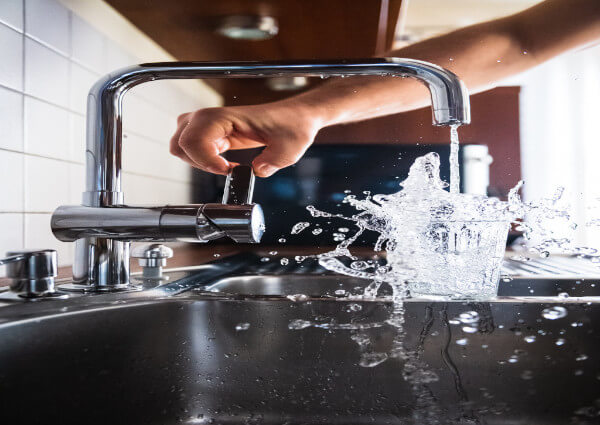 Finding a fast, easy way to clean your garbage disposal might seem like a dream come true, but viral video hacks claiming to leave your system cleaner can end up doing more harm than good. Before you head to TikTok for a crash course in cleaning your garbage disposal, you might want to read up on why plumbing professionals advise against using these methods and what you can do instead to get your system squeaky clean!
Finding a fast, easy way to clean your garbage disposal might seem like a dream come true, but viral video hacks claiming to leave your system cleaner can end up doing more harm than good. Before you head to TikTok for a crash course in cleaning your garbage disposal, you might want to read up on why plumbing professionals advise against using these methods and what you can do instead to get your system squeaky clean!